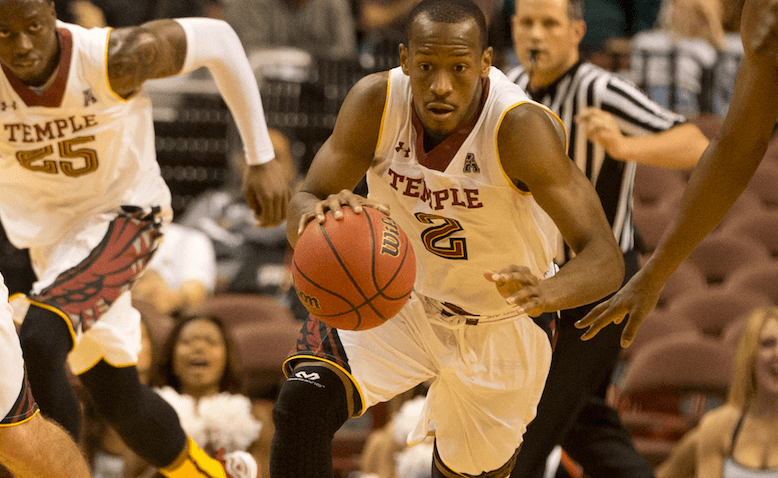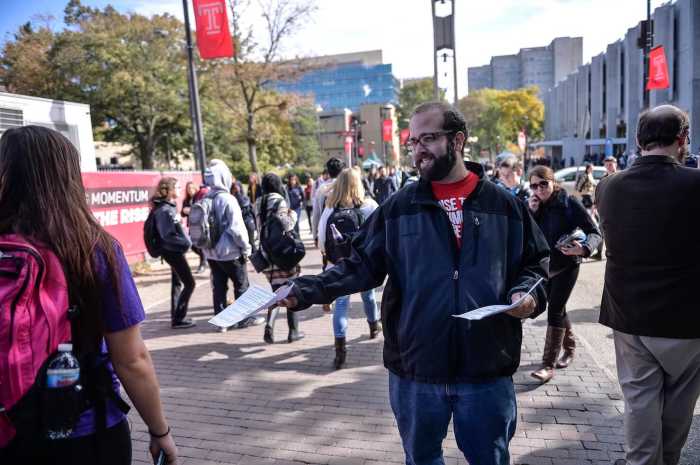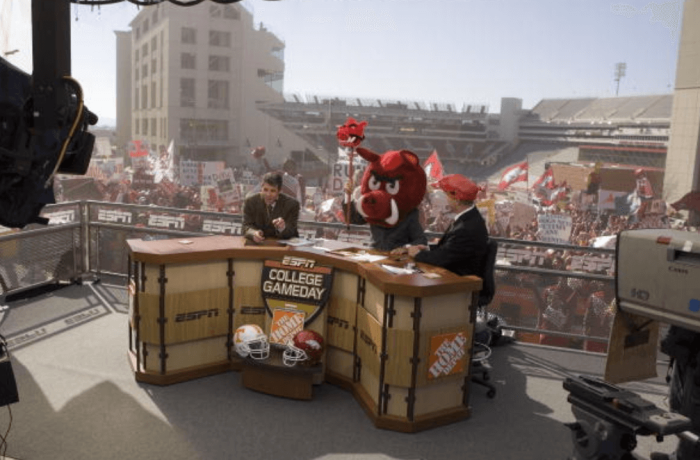An NIT tournament win on Wednesday over Bucknell is no consolation for Temple. The Owls expected to be in the Big Dance right now – not having to watch the tournaments opening games back in Philly. But they’re not the first Philly team to be snubbed by the selection committee and surely won’t be the last. This snubbing will certainly hurt for a while, but how does it rank among some of the five more notable snubs in City 6 history? 2011-12 Drexel Dragons (27-6, 16-2, RPI: 71):
Nobody understands what Fran Dunphy and the Temple Owls are going through right now quite like Drexel coach James “Bruiser” Flint. Flint’s Dragons ran off 19-straight victories in the 2011-12 season, before falling to VCU, 59-56, in the Colonial conference tournament final. The selection committee attributed a rough 2-4 record to start the season, no notable out-of-conference wins and a poor strength of schedule as the basis for leaving the blue and gold out of March Madness. 2014-15 Temple Owls (23-10, 13-5,RPI: 34):
Winners of 10 of its final 12 games, Temple seemed like a lock to at least make the play-in round of this year’s NCAA tournament. Their RPI was better than the likes of Georgia, Ohio State, Texas, Iowa, UCLA and Oklahoma State, along with six other teams which were picked by the selection committee Sunday. They even boasted a 25-point win over second-seeded Kansas on their resume, one which no other bubble team came close to matching. The problem was that the Owls weren’t able to notch a signature win against the top of their conference or a strong road win to boost them into the field of 68. They went just 1-5 against the top four teams in the American and were just 2-4 against RPI top-100 schools on the road. Early season losses to St. Joe’s and UNLV solidified the Owls’ exclusion. 2006-07 Drexel Dragons (23-8, 13-5, RPI: 39):
13 road wins including wins over No. 23 Syracuse, Creighton and City 6 rivals Villanova, Temple and St. Joe’s didn’t impress the selection committee enough for Drexel back in 2007. The Dragons were knocked out in the semi-finals of the Colonial conference tournament by VCU, 63-56, and in the process sent themselves out of the Big Dance. The main reason the selection committee overlooked Drexel was due to the fact that they weren’t about to give three bids to the Colonial conference. Since Old Dominion had arguably a stronger resume, as well as two wins over Drexel that season, and VCU won the conference tournament, the Dragons were the odd team out. 1993-94 Villanova Wildcats (15-12, 10-8, RPI: 55):
15 wins would certainly not get you into an NCAA tournament today, but back in 1994 it was definitely not out of the question. Maryland had the lowest win total as an at-large team in 1994 with 16, while most others fielded just 17. After a dreadful 6-9 record to start the season, the Wildcats clawed back into tournament consideration. They strung together seven-straight wins, which included wins over tournament-bound Boston College, UConn and Georgetown. Their season ended in the quarterfinals of the Big East tournament in a loss to eventual winner Providence. The Wildcats were invited to the NIT where, led by Kerry Kittles, they strung together five-straight victories to bring home the title. Nobody will ever know what the team was capable of on a larger stage that season, due to a mild selection committee snub. 1995-96 St. Joe’s Hawks (15-12, 9-7, RPI: 70):
For this Hawks team, this snub wasn’t aimed at the selection committee, but at Arizona coach at the time Lute Olson. Olson cancelled a game with the Hawks at the Palestra on January 13, 1996 due to “inclement weather”. It was 52 degrees in Philadelphia that day and Arizona’s plane was running just a slight 22 minutes behind schedule. Rather than moving the game to a later start time or rescheduling, Olson cancelled it all together. Phil Martelli felt that Arizona was scared to play the Hawks, who had taken No. 1 UMass to overtime a week earlier before losing, because they might tarnish their resume by doing so. Olson’s team would go on to win a national championship the following season and left Martelli with a sour taste in his mouth. He has no plans of reconciling with the program, even 20 years later.
Temple’s not alone: The 5 worst City 6 basketball snubs

Getty Images

























